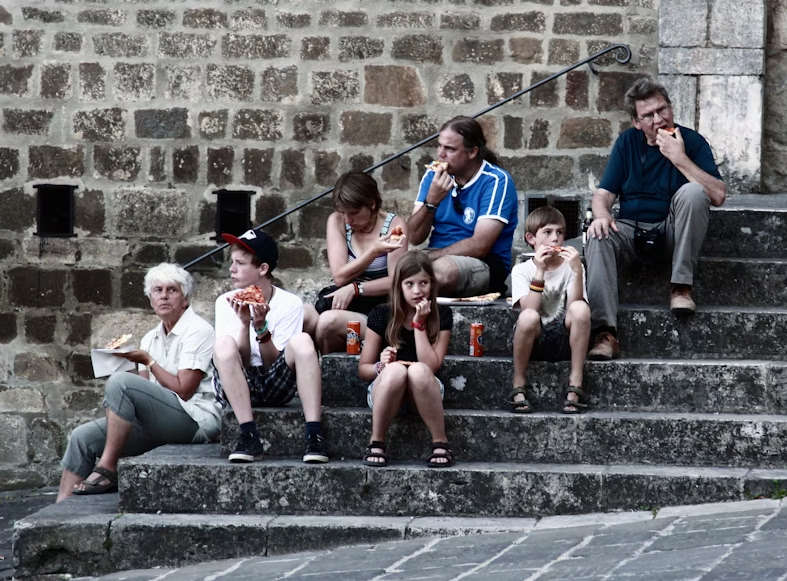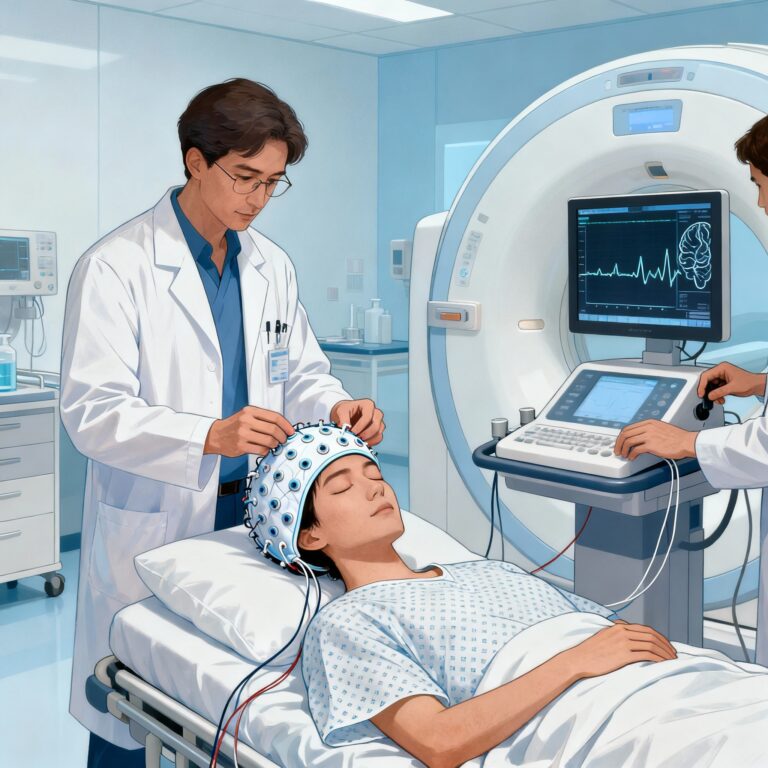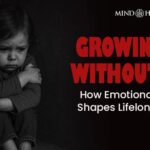Recent events in Kathmandu, Nepal, have triggered a wave of concern among parents, educators, and mental health professionals. After the highly publicized Gen Z protest, a noticeable increase in Mental Health Problems has been observed among children and teenagers. The aftermath of such social upheaval exposes just how vulnerable young people are to stress, trauma, and psychological challenges.
Rising Signs of Mental Health Problems in Young People
Schools, clinics, and counseling centers are reporting more cases of anxiety, sleep disturbances, severe stress, and even symptoms of trauma in children and teens. Many are experiencing nightmares, flashbacks, and difficulty focusing at school. in this age group are particularly worrisome because early intervention is critical for healthy emotional development.
In the wake of the Gen Z protest, children who witnessed confrontations or heard stories from peers and parents have developed a heightened sense of insecurity. Mental Health Problems such as these can manifest in various forms—from mood swings and withdrawal to physical symptoms like headaches and stomachaches.
Why Are Mental Health Problems Increasing After Protests?
Major protests are inherently stressful, often involving loud noises, crowds, conflict with authorities, and a general sense of chaos. For children and teens, whose emotional regulation skills are still developing, this can be overwhelming. Mental Health Problems are more likely to appear when routine life is interrupted and when young people feel unsafe or lack consistent support.
Furthermore, digital exposure plays a role. Continuous news updates, unfiltered social media posts, and graphic images can intensify distress and confusion about what happened. These factors fuel ongoing Mental Health Problems among young viewers, even if they weren’t physically present at the protest.
How Families and Schools Can Respond
Mental Health Problems must be addressed through a collaborative approach. Parents and teachers should watch for changes in behavior, such as withdrawal from friends, changes in sleep patterns, or sudden irritability. When Mental Health Problems are detected early, children and teens are more likely to recover quickly and build resilience.
Open conversations about feelings, reassurance of safety, and access to professional counseling are essential steps. School counselors and psychologists should make themselves available, creating a safe space for students to voice their concerns. Engaging children in routine activities and encouraging positive coping strategies can also help alleviate.
The Role of Mental Health Professionals
Mental Health Problems that persist for more than a few weeks require the expertise of trained professionals. Psychologists, psychiatrists, and therapists in Kathmandu are urging families not to ignore early warning signs or dismiss emotional distress as a phase. Timely intervention by mental health professionals can prevent long-term consequences and aid full recovery.
Community outreach efforts, group therapy sessions, and awareness campaigns are being organized to tackle Mental Health Problems head-on. Many organizations are working to reduce the stigma associated with seeking help, making it easier for families to access support.
Looking Forward
The Gen Z protest has highlighted the urgent need for robust mental health resources for young people. While protests can serve as catalysts for positive change on a societal level, their unintended consequence—an increase in Mental Health Problems among the youth—demands immediate attention from all sectors of society.
Frequently Asked Questions –
What are the most common Mental Health Problems seen in children after protests?
Common issues include anxiety, sleep disturbances, mood swings, difficulty concentrating, and symptoms of post-traumatic stress.
How can parents help their children experiencing Mental Health Problems?
Listen to your child, validate their feelings, maintain routines, and seek professional help if symptoms persist.
Are Mental Health Problems after social unrest long-term?
With early intervention and supportive environments, most children recover, but some may need ongoing mental health support.
Should teachers be concerned about Mental Health Problems in students post-protest?
Absolutely. Educators play a key role in early identification and can help connect families with mental health resources.







